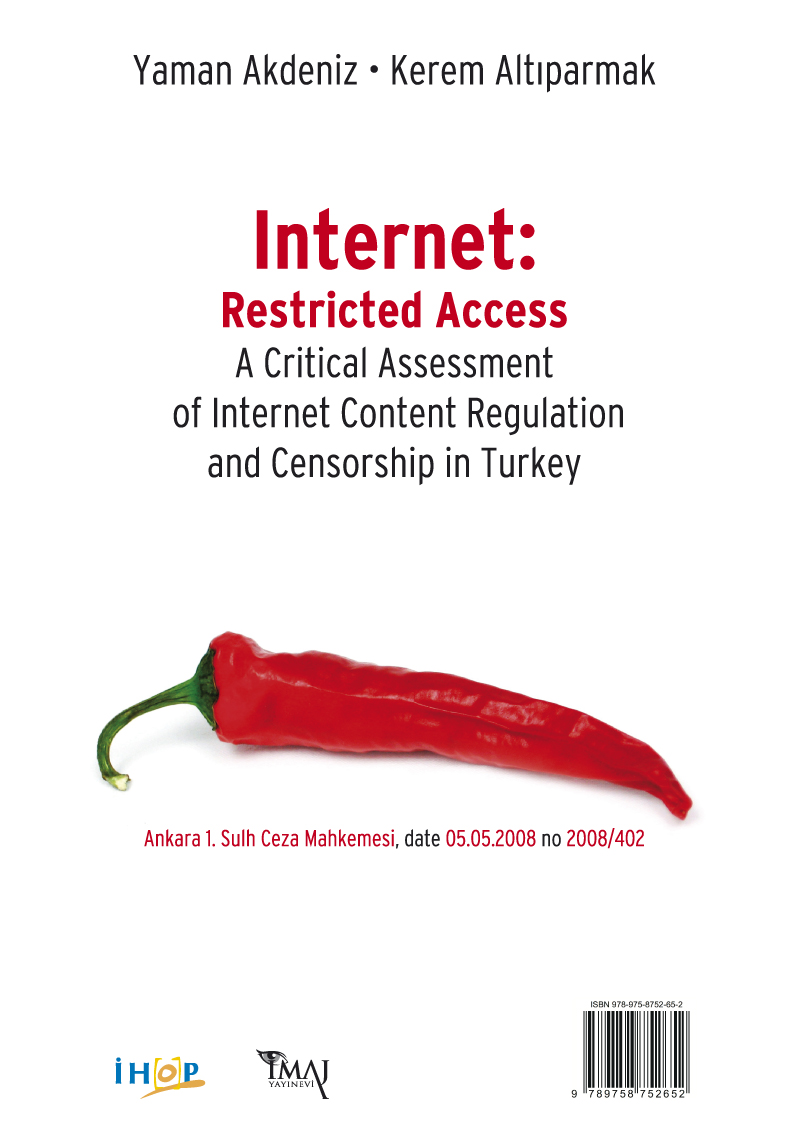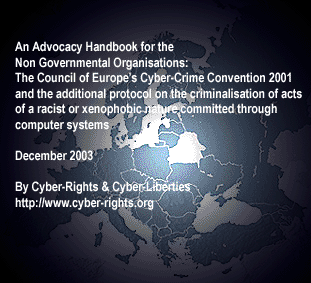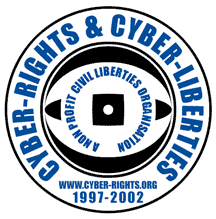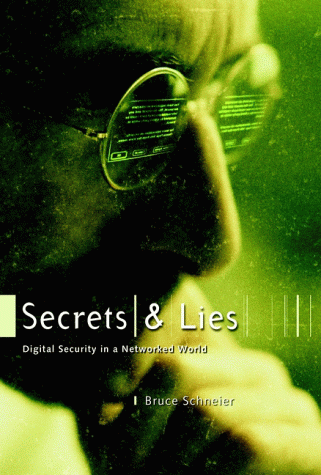|
Internet: Restricted Access: A Critical Assessment of Internet Content Regulation and Censorship in Turkey
(Released on 25 November, 2008)
By Dr. Yaman Akdeniz & Dr. Kerem Altiparmak

Extreme Pornography Offence includes disproportionate penalties (01.05.2008)
Extreme Porn Provisions: Unanswered Questions (01.05.2008)
New Blog at Cyberlaw.org.uk launched (01.05.2008)
Akdeniz,
Y., Internet
Child Pornography and the Law: National and International Responses,
Ashgate, published in June 2008 (ISBN-13 978-0-7546-2297-0).
Akdeniz,
Y., “Governing Racist Content on the Internet: National and International
Responses,”
(2007) University of New Brunswick Law Journal (Canada), Vol. 56, Spring,
103-161. An electronic copy of this article is available upon
request.
Akdeniz,
Y., “Possession and dispossession: A critical assessment of defences
in possession of indecent photographs of children cases,”
[2007] Criminal Law Review, (April), 274-288. An electronic
copy of this article is available upon request.
Home
Office published the Consultation
on the Possession of Extreme Pornographic Material
Summary of responses and
next steps on 30 August, 2006.
The paper contains a summary of the responses received and the proposed
way forward.
In December 2005, Cyber-Rights
& Cyber-Liberties released a response to the Home Office Consultation
Paper
on the criminalisation of possession of extreme violent pornography.
Dr.
Yaman Akdeniz, Stocktaking
on efforts to combat Racism on the Internet, background report for
the High Level Seminar on Racism and the
Internet, Intergovernmental Working Group on the Effective Implementation
of the Durban Declaration and Programme of Action, Fourth
session, Geneva, 16-27 January 2006, E/CN.4/2006/WG.21/BP.1, published
by the United Nations High Commissioner for Human Rights (UNHCHR)
Office: Geneva, January 2006, 45pp.
Executive
Summary for the Stocktaking on efforts to combat racism on the Internet
Background Report
Racism
was a pressing social problem long before the emergence of the digital
age. The advancement of communication technologies such as the Internet
has, however, added a new dimension to the problem. The use of the Internet
as an instrument for the widespread dissemination of racist content can
be traced to the mid-1990s. A recent study estimated that there are more
than 5,000 websites in a variety of languages which promote racial hatred
and violence, anti-Semitism and xenophobia around the world. The growing
problem of racist content on the Internet has prompted vigorous responses
from a variety of agents, including Governments, supranational and international
organisations as well as from the private sector. In line with Recommendation
22 of the Intergovernmental Working Group (IGWG), this report assesses
the possibilities of and challenges posed by the use of the Internet to
propagate or to counter material of a racist nature. This report seeks
to provide a timely critical overview of issues central to this debate,
focusing on both legal and policy initiatives (self and co-regulatory)
to combat racism on the Internet. Significant developments at State level
as well as developments within international organisations will form part
of this analysis.
As
will be seen, a number of themes will surface from this analysis with
the most prominent being the fact that States have yet to reach a political
agreement on how to prevent the Internet being used for racist purposes
and on how to promote its use to combat the scourge of racism. While some
regard harmonised national legislation and international agreements as
the way forward, others strenuously oppose this position, citing objections
on grounds of freedom of expression. This lack of consensus threatens
the implementation of legal sanctions in accordance with relevant international
human rights legal instruments, in particular the International Convention
on the Elimination Of All Forms Of Racial Discrimination ("ICERD")
as recommended by paragraph 147 of the Durban Programme of Action. The
report argues that the absence of a global consensus on the limits of
freedom of expression may remain an obstacle to regulatory harmonisation
through any future international agreement or convention, including through
the Council of Europe's Additional Protocol concerning the Criminalisation
of Acts of a Racist and Xenophobic Nature Committed through Computer Systems.
Another
associated factor to emerge from the Stocktaking on efforts to combat
racism on the Internet report is the extent of duplication of efforts
at the supranational, and international levels of governance. This duplication
has resulted in delays in finalising policies within relevant organisations,
and in its subsequent implementation at the national level to address
Internet related problems. Governments and international organisations
are, however, reacting more positively against the dissemination of racist
content through the Internet.The principal conclusion reached is that
in the fight against racist Internet content no one approach promises
to be entirely effective. The legal system is more adapted to deal with
one-off traditional publications (such as newspapers and magazines) and
has been extremely slow in dealing with web based Internet publications.
Due to the global and decentralised nature of the Internet, government
regulation and even prosecutions have limited effect and application especially
if the racist content is transmitted from outside the jurisdiction in
which it is considered illegal. Above all else, the various court cases
examined in this report illustrate that the emergence of Internet governance
entails a more diverse and fragmented regulatory network with no presumption
that these are anchored primarily in the nation-states.Although legal
regulation will doubtless form an important part of future efforts to
tackle the problem of online racism it will only ever form part of the
solution. Ultimately, it will prove necessary to rely on additional measures
in the form of self and co-regulatory initiatives. The success of these
measures will, in turn, depend upon substantial improvement of existing
systems including the development of codes of conduct aimed at combating
racist Internet content as recommended by the Durban Programme of Action
(paragraph 144). If successful these measures would potentially be more
flexible and more effective than prescriptive government legislation.
Consistent
with recommendation 141 of the Durban Programme of Action, education about
racist content on the Internet and how to foster tolerance, is arguably
the single most effective way of combating racist content.Equally significant
is the continued participation of all stakeholders, inter alia States,
WSIS, international and regional organizations, NGOs, the private sector
and the media, in ongoing discussions and the fostering of a wider public
debate. In this regard the high level seminar on racism and the Internet
to be held in Geneva on 16-17 January, 2006 offers important opportunities
for the exchange of ideas and the formulation of effective future strategies.
Cyber-Rights & Cyber-Liberties
released An Advocacy
Handbook for the Non Governmental Organisations: The Council of Europes
Cyber-Crime Convention 2001 and the additional protocol on the criminalisation
of acts of a racist or xenophobic nature committed through computer systems,
01 December
2003. This report has been revised and updated in October
2005.

Dr. Yaman Akdeniz's presentation
for the UNESCO Freedom of Expression in Cyberspace Conference, 04 February,
2005, UNESCO Headquarters, Paris France.
Art
29 Working Party Opinion on data retention (9/2004) on a
draft Framework Decision on the storage of data processed and retained
for the purpose of providing electronic public communications services
or data available in public communications networks with a view to the
prevention, investigation, detection and prosecution of criminal acts,
including terrorism adopted on 9th November 2004. [Proposal presented
by France, Ireland, Sweden and Great Britain (Document of the Council
8958/04 of 28 April 2004)]
Cyber-Rights
& Cyber-Liberties statement in relation to hate speech and xenophobia
on the Internet: Statement
for the Organisation for Security and Co-Ordination in Europe ("OSCE")
Guaranteeing Media Freedom on the Internet Seminar,
Vienna, 30 June, 2004.
Internet Governance: Towards the modernization of policy making process in
Turkey,
Turkish Informatics Society, Istanbul: Papatya Yayincilik, September 2003,
ISBN 975-6797-44-4 (A separate version in Turkish is also available,
please contact).
Internet Governance, and Freedom in Turkey, in Organization for
Security and Co-Operation in Europe (OSCE) Representative on Freedom of
the Media eds,
Spreading the Word on the Internet: 16 answers to 4
questions, Reflections on Freedom of the Media and the Internet, pp
29-43, Vienna, 2003. Walker, C.,
& Akdeniz, Y., "Anti-Terrorism
laws and data retention: war is over?" (2003) Northern
Ireland Legal Quarterly, 54(2), Summer, 159-182. Abstract: The
Anti-Terrorism, Crime and Security Act 2001 signals a determined
response to the attacks of September 11th. One aspect
involves the facilitation of the use of electronic surveillance in
order to prevent, detect or prosecute the perpetrators of terrorism.
The role of Part XI of the 2001 Act is to augment existing
surveillance powers in the Regulation of Investigatory Powers Act
2000. This papers plots the relationships between those two statutes
and also their relationship to data protection laws. Delays and
difficulties in enforcement are noted and are related to a process of
return to greater normality after an initial period of panic.

UK
Parliament Mail - The Ministry Of Silly Messages - 06 February, 2003.
An anticensorware
investigation by Seth Finkelstein
Abstract: This report examines messages being
rejected by a mail system in use by the UK parliament.
See also the NTK coverage
ISPA
letter to the Home Office dated 27 September, 2002 in relation to the
ATCS Act Code of Practice on data retention revised version:
This letter has been obtained from the Home Office under the Code of
Practice on Access to Government Information by Dr. Yaman Akdeniz,
Director of Cyber-Rights & Cyber-Liberties (UK).
Regulation of
Child Pornography on the Internet: Cases and Materials, at http://www.cyber-rights.org/reports/child.htm.
Last updated January 2003.
Case Report by
Dr. Yaman Akdeniz: Court
of Appeal Clarifies the Law on Downloading Child Pornography from the Web,
published in the Computer Law & Security Report Vol. 18 no. 6
2002, pp 433-435.
Cyber-Rights.Net
Re-launched - 29 November, 2002


Cyber-Rights &
Cyber-Liberties (UK) Fifth Year Statement - 1997-2002
New Section:
Internet related Policy
Issues and developments following the Attacks on America on 11 Sept.
2001
Yaman Akdeniz,
Case Analysis of (the Yahoo case) League
Against Racism and Antisemitism (LICRA), French Union of Jewish
Students,
v Yahoo! Inc. (USA), Yahoo France, Tribunal de Grande Instance
de Paris (The County Court of Paris), Interim Court Order,
20 November, 2000. Citation: [2001] Electronic Business Law Reports,
1(3) 110-120.
European
Parliament resolution on the existence of a global system for the
interception of private and commercial communications (ECHELON
interception system) (2001/2098(INI)) - September 2001
Temporary
Committee on the ECHELON Interception System, Report
on the existence of a global system for the interception of private
and commercial communications (ECHELON interception system)
(2001/2098 (INI)), Final, A5-0264/2001, 11 July, 2001.
See generally Cyber-Rights
& Cyber-Liberties (UK), "Echelon Watch"
Akdeniz, Y.;
Taylor, N.; Walker, C., Regulation of Investigatory Powers Act 2000
(1): Bigbrother.gov.uk: State surveillance in the age of information
and rights, (2001) Criminal Law Review, (February), pp. 73-90 at http://www.cyber-rights.org/documents/crimlr.pdf
(Published in this format with permission from Sweet & Maxwell,
the publishers of the Criminal Law Review).
For a complete
list of Yaman Akdeniz's published work see http://www.cyber-rights.org/yamancv.htm
For information about the Regulation of
Investigatory Powers Act 2000 see http://www.cyber-rights.org/crypto/
OUT NOW: Yaman Akdeniz, Clive Walker, and
David Wall, The
Internet, Law and Society, Longman.
Published in Dec.2000; Price £29 (approx); Pages 400
(approx), ISBN 1 582 35656 3 (Pbk).
For the details of the book see http://www.cyber-rights.org/bookstore
Internet
Detective: Censorship, National Security, and Freedom of Information
- Added December 2000.
A case of censorship or protection of national security? Read
the related documents and the Ombudsman's decision and judge yourself.
|











